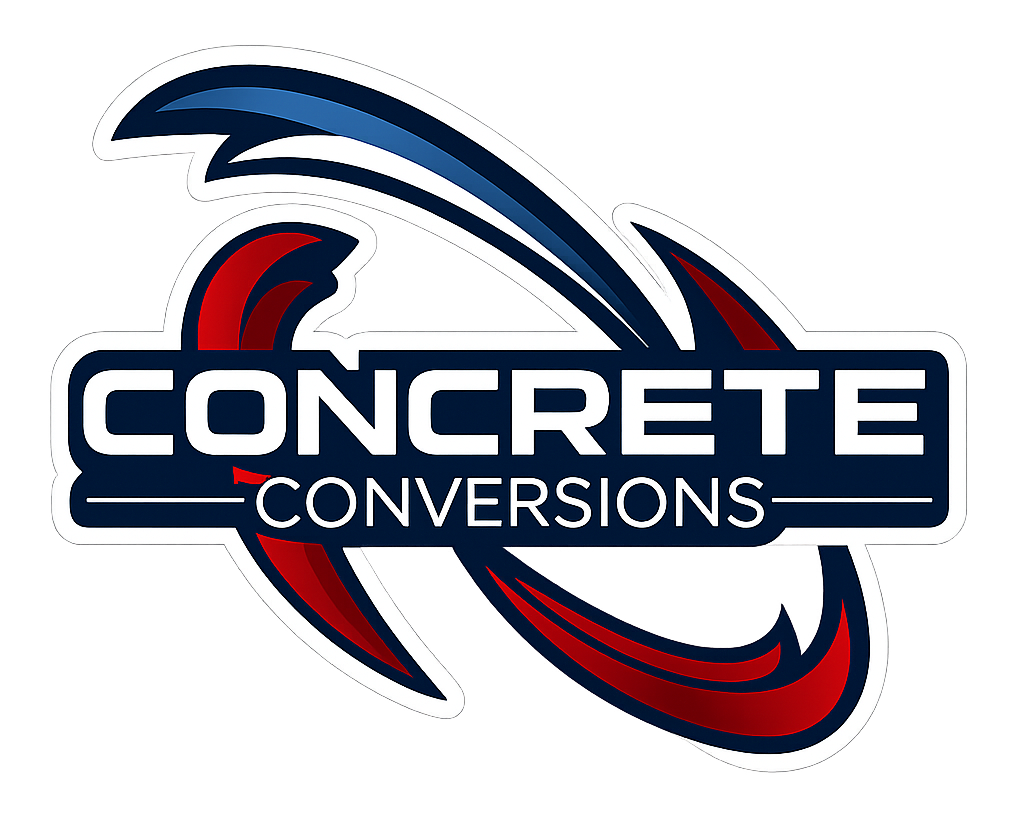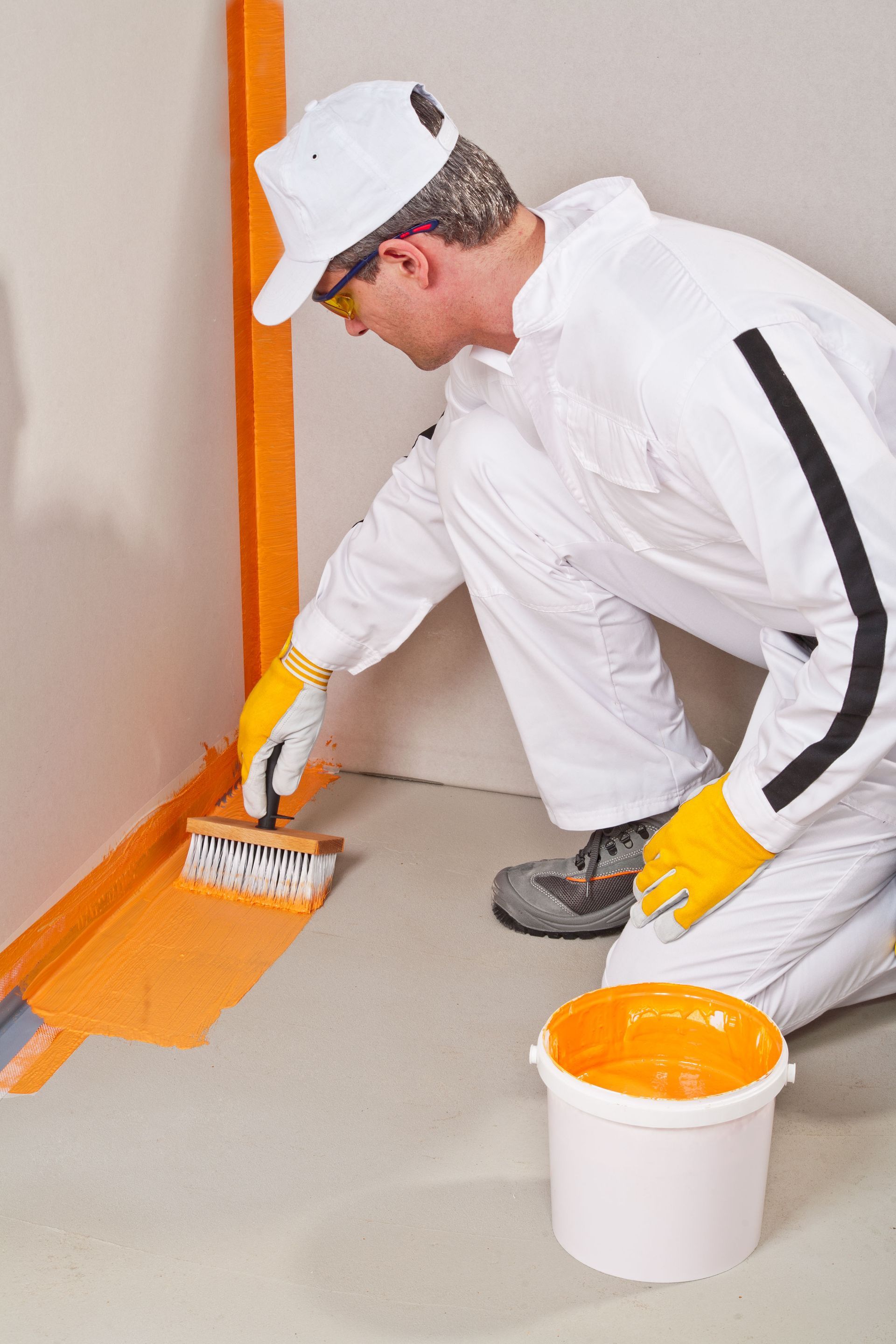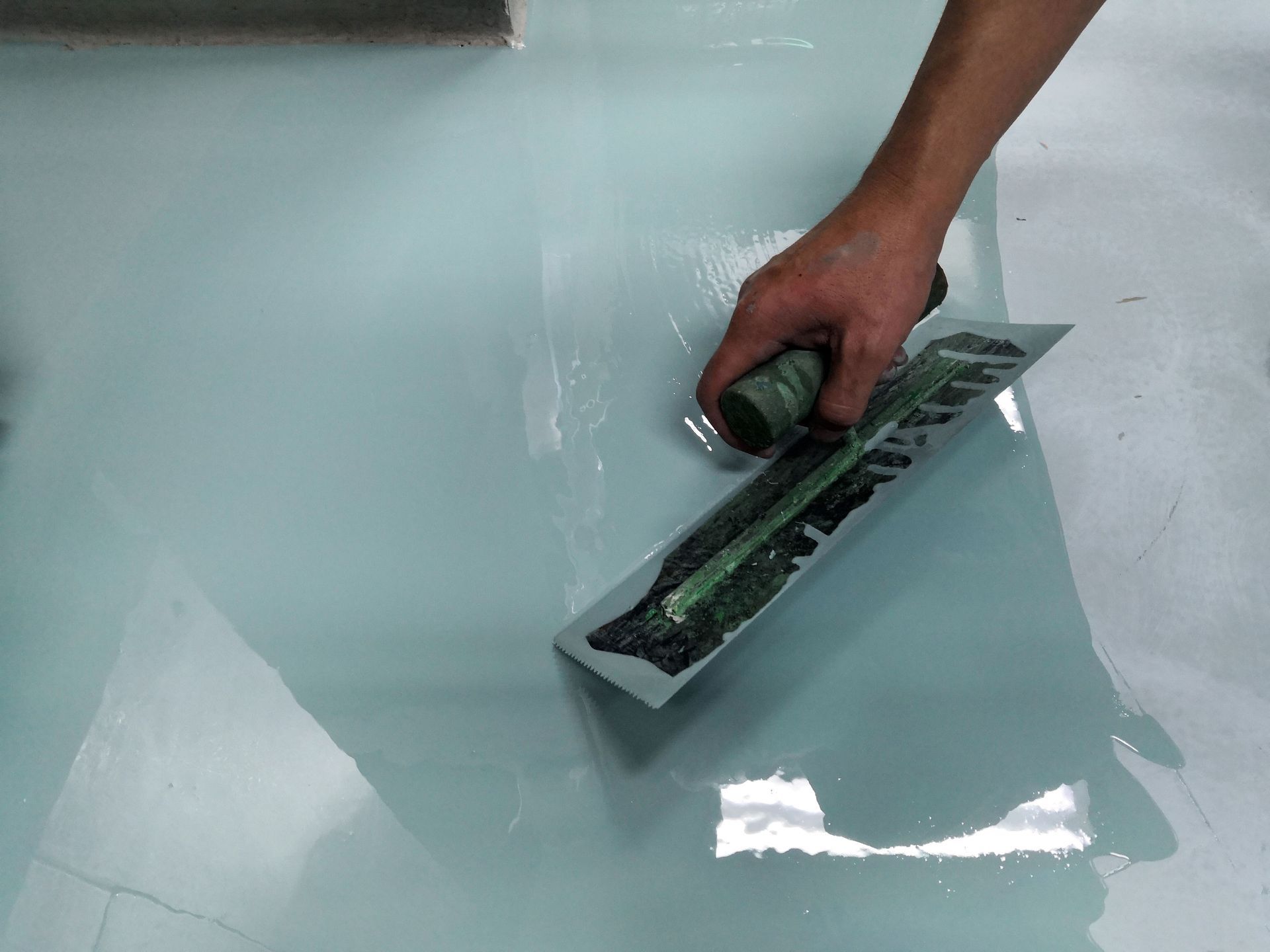October 10, 2025
Concrete sealing has become an essential aspect of maintaining durable and functional basement or workshop spaces. This article explores the top five benefits of sealing concrete surfaces in these environments, providing insights into how such a practice can enhance functionality, safety, and longevity. With the rising emphasis on sustainable and robust construction practices, sealing concrete has emerged as a critical component of maintenance strategies. Adequate sealing not only enhances structural integrity but also adds to the aesthetic appeal of spaces, thus serving multiple purposes efficiently. By understanding and leveraging these benefits, homeowners and professionals alike can ensure that their investments remain protected and optimized.
1. Enhanced Durability
Concrete sealing significantly enhances the durability of surfaces by offering an extra layer of protection. This protection is crucial in environments that experience a lot of foot traffic or heavy usage, such as workshops or basements. By shielding the concrete from abrasive actions and physical impacts, the sealant mitigates the wear and tear typically associated with these areas. Consequently, this leads to lower maintenance and repair needs over time. Furthermore, such durability is not only beneficial for extending the life of the concrete but also for maintaining its appearance and functionality.
In addition to protecting against wear and tear, concrete sealants reduce surface deterioration by preventing the ingress of harmful substances. Over time, chemicals, oils, and water can seep into unsealed concrete, causing it to weaken and deteriorate. Sealing works by creating a barrier that prevents these agents from penetrating the surface, thus ensuring that the concrete remains intact and capable of withstanding environmental challenges. By reducing deterioration, sealants contribute to the sustainability of concrete structures, making them a sound investment. This is especially important when considering the cost and effort required to replace or repair deteriorating concrete surfaces.
Cracking and chipping are common issues that occur in concrete surfaces due to temperature fluctuations and mechanical impacts. Sealing concrete surfaces minimizes these problems by providing a layer of flexibility and resistance to the top layer. This elasticity is crucial in preventing the fissures that lead to cracks and chips, which can compromise both the aesthetic and structural aspects of concrete surfaces. By safeguarding against these issues, sealing ensures that the surfaces remain uniform and intact for extended periods. This proactive approach is vital in maintaining the integrity and beauty of concrete areas, whether they are in basements, workshops, or other utility spaces.
2. Reduced Mold and Mildew
One of the primary advantages of sealing concrete surfaces is their enhanced resistance to moisture. Water seepage can cause severe damage to concrete, leading to structural weaknesses and increased wear over time. A sealant acts as a waterproof barrier that prevents water from entering the pores of the concrete, thus averting potential damage. This is especially beneficial in basements, where moisture is a common issue due to below-ground placement. By preventing water seepage, sealed concrete maintains its strength and durability, contributing to a safer and more stable foundation.
In addition to blocking water penetration, sealed concrete surfaces help reduce the growth of mold and mildew. These fungi thrive in damp environments and can lead to not only structural damage but also potential health risks. Concrete sealing minimizes moisture accumulation on the surface, thus creating an environment less conducive to mold and mildew growth. This prevention is critical in maintaining a healthy indoor space, particularly in areas like basements that are prone to dampness. By inhibiting these growths, concrete sealing enhances the longevity and safety of both residential and commercial spaces.
3. Enhanced Aesthetic Appeal
Beyond functional benefits, sealed concrete offers a notable improvement in aesthetic appeal by providing a sleek, glossy finish. This glossy overlay transforms otherwise dull concrete into a visually attractive surface, enhancing the overall look of the room. The sheen and luster added by the sealant create an inviting atmosphere, making the space more pleasant to occupy. With this finish, sealed concrete changes areas like basements and workshops into places that align with modern aesthetics and design trends. As a bonus, this visual enhancement can make spaces feel more integrated with the rest of the property.
Concrete sealing does not limit homeowners and professionals to a single visual outcome; various sealant types offer a range of styles and colors. This versatility allows for personalized aesthetics, catering to the unique tastes and needs of different users. Complementing the architectural theme and design style becomes easy with the array of choices available. Whether aiming for an industrial look or a cozy workshop, selecting the appropriate sealant can tailor the appearance accordingly. This adaptability in design is essential for maintaining cohesive aesthetics throughout a property, especially in spaces not traditionally associated with beauty.
The ability to improve overall appearance is significant for sealed concrete surfaces in residential spaces. Given that the residential segment accounted for 70.16% of the US flooring market size in 2024, according to 70.16%, homeowners increasingly prioritize aesthetics when planning upgrades. Sealed concrete contributes to this by offering simplicity in achieving a polished, sophisticated space. Improved appearance does not merely captivate but also manifests in increased comfort levels and pride of ownership. A beautiful workshop or basement often translates to more frequent use, enriching the property's functionality and lifestyle value.
4. Protected Against Oil Spills
Concrete floors in spaces like workshops are frequently exposed to oil spills that can result in staining and degradation. However, sealed concrete provides a robust defense against such incidents by offering a non-absorbent surface. This means that spilled oil can be easily cleaned without leaving marks or adversely affecting the concrete. Homeowners and workers can thus focus on their tasks without worrying about permanent damage from incidental spills. Therefore, sealed concrete remains a preferred choice for those anticipating regular substance exposure during daily operations.
Besides oil, other chemicals frequently encountered in workshops can easily stain and compromise untreated concrete surfaces. These include solvents, acids, and other industrial compounds that can etch or discolor exposed concrete. A sealant requires a protective layer, preventing chemicals from reacting with the concrete surface and causing potential damage. By warding off chemical stains, sealed surfaces maintain both their appearance and functional suitability over time. This aspect is particularly advantageous in industrial settings, where a clean and usable floor is crucial for safety and efficient operations.
5. Reduced Maintenance Costs
Sealing concrete surfaces undeniably proves to be a cost-effective measure, given significant reductions in long-term maintenance costs. A sealed surface is more resilient and requires fewer repairs or restorations than untreated concrete due to reduced vulnerability to impacts, stains, or environmental factors. The savings on maintenance translate to lower overall costs, a compelling reason for homeowners and business operators to consider sealing. The protective coating from sealants ensures durability, which extends the lifespan of the surfaces, thereby maximizing financial investments. Ultimately, this prudent use of resources enhances the overall affordability and sustainability of upgrading concrete surfaces.
Beyond immediate savings, concrete sealing presents the extended benefit of delaying costly replacements through its protective and strengthening properties. The sealant helps preserve the structural integrity of the surface, keeping defects and deterioration at bay, even as time progresses. By limiting wear and preventing damage, sealed concrete simply lasts longer, delivering extended service without the need for expensive tear-outs or replacements. This preservation subsequently defers expensive, disruptive intervention work, resulting in savings for both residential and commercial property owners. Hence, investing in high-quality sealing solutions becomes a foresighted strategy for propelling cost-efficiency.
Thanks to the noticeable ease of care, sealed concrete surfaces inspire more consistent upkeep efforts compared to untreated alternatives. The simplicity and economical nature of maintaining a sealed floor encourage more frequent sweeping, mopping, and general care. For more information about the services that we offer, reach out to our incredible team at Concrete Conversions today!


